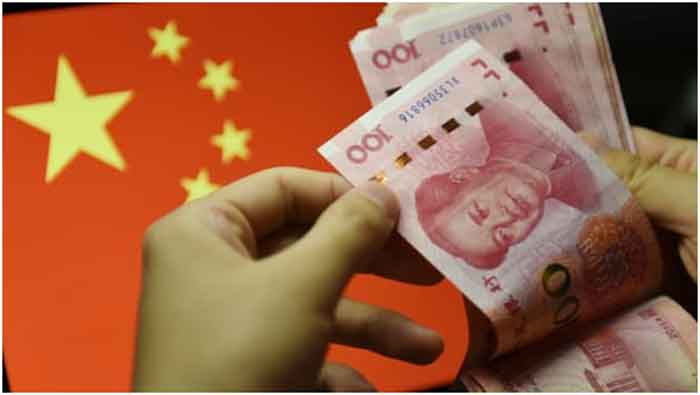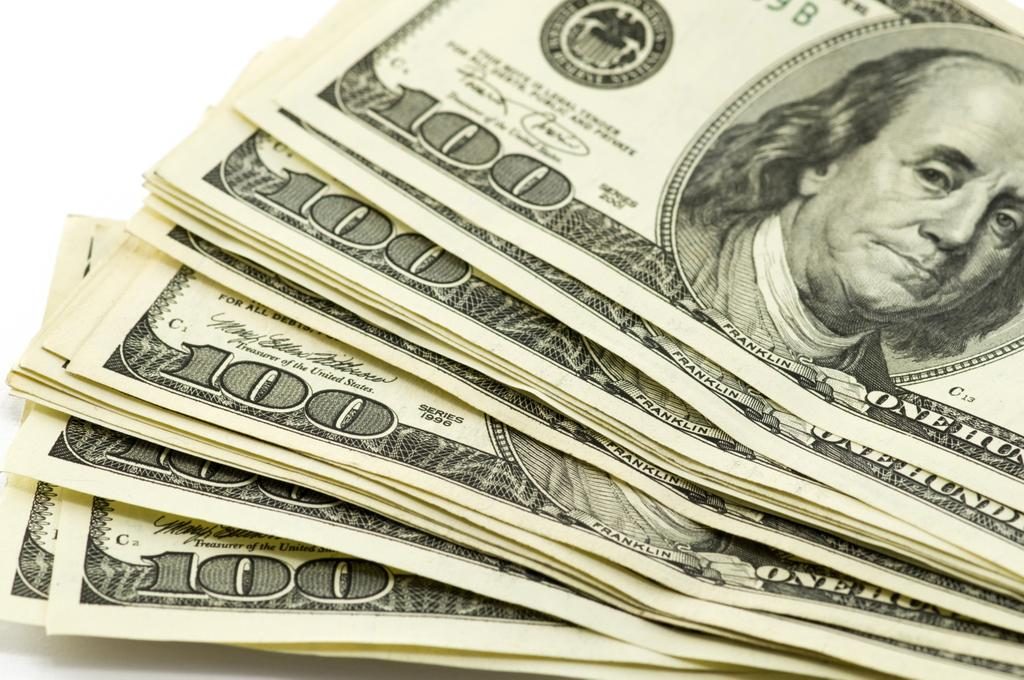
Israel’s central bank has made the biggest changes to its allocation of reserves in over a decade, adding the Chinese yuan alongside three other currencies to a stockpile that last year exceeded $200 billion for the first time ever.
A Bloomberg report said:
Starting this year, the currency mix will expand from the trio of the U.S. dollar, the euro and the British pound to include the Canadian and Australian dollars as well as the yen and the yuan, which is also known as the renminbi. The additions mark a change in the Bank of Israel’s “whole investment guidelines and philosophy,” Deputy Governor Andrew Abir said in an interview.
Following discussions held by the monetary committee last year, the pound and the yen will account for 5% and the currencies of Canada and Australia will have 3.5% each. Under the new approach, the yuan’s proportion is set at 2% for 2022, according to the Israeli central bank’s annual report published at the end of last month.
To accommodate the changes, the euro’s share will fall to 20% — the lowest in at least a decade — from just over 30%, while the dollar will account for 61%, down from 66.5%. The pound’s weighting, by contrast, will almost double to 5%, returning to a level last seen in 2011.
The “dramatic” rise in Israel’s foreign-exchange reserves led the central bank to lengthen its investment horizon, Abir said. “We look at the need to earn a return on the reserves that will cover the costs of liability.”
A program of currency interventions begun more than a decade ago by then-Governor Stanley Fischer to stem the surging shekel helped the central bank amass reserves that now surpass a third of gross domestic product. They stood at just over $206 billion at the end of March.
Israel’s shift in the allocation of its holdings brings it closer in line with the rest of the world, though it has yet to invest in another of the main global reserve currencies, the Swiss franc.
The International Monetary Fund’s survey on the currency composition of official foreign-exchange reserves shows that at the end of last year the euro accounted for close to 20%, the dollar for slightly less than 59% and the pound for almost 5%. The yuan rose slightly from the third quarter to a new high of 2.79%.
Greenback Falls
The greenback’s share, by contrast, has fallen to the lowest since 1995, largely to the benefit of the euro, the pound, the Canadian dollar and the yuan. The recent seizure of much of Russia’s foreign currency holdings as part of international sanctions over its invasion of Ukraine could prompt countries further to reconfigure their reserves.
Bigger Sway
The report said:
China has pushed for a bigger international role of its currency, though the yuan’s prospects are held back by its limited convertibility and tight management by authorities. Still, recent reports that Saudi Arabia is in talks with Beijing to price some oil sales in the yuan have only added to speculation the currency will expand its global use in commodity trades as it benefits from accelerated de-dollarization in the wake of the Russia-Ukraine war.
Latin American countries have invested close to $30 billion in yuan assets over the last five years, according to Goldman Sachs Group Inc. In a March report, analysts at the Wall Street bank said Israel has also “made some key diversification shifts” and added more than $1 billion of yuan reserves in February alone.
Israel’s new currency basket also reflects the transformation of the country’s trade flows as it developed a booming technology industry with a global reach and discovered offshore natural gas to become self-sufficient and even export the fuel.
While the U.S. is still Israel’s biggest trade partner ahead of China, according to data compiled by Bloomberg, overall volumes with the Asian economy have surged, almost doubling between 2016 and 2021. In Europe, Germany and Switzerland account for the most trade with Israel.
A Business Insider report said:
According to the IMF, the dollar’s share of total global currency reserves has fallen to its lowest point in over two decades, sparking speculation over the rise of China’s yuan.
The weaponization of the U.S. currency against Russia’s financial institutions means a sea change could be coming, experts say. The effectiveness of the West’s sanctions against Russia has provided a wake-up call for countries seeking to reduce their exposure to the dollar, economist Aleksandar Tomic previously told Insider.
But for China’s yuan to gain much further, other nations would have to lose trust in the U.S. economy and gain trust in China’s monetary authorities.
“Challenges to the dollar have come before, but none have taken hold because when things turn volatile, the U.S. tends to be stable, so the dollar persists,” Tomic said.
MBS Threatened To Move Saudi Arabia Closer To Russia And China
A media report said:
Saudi Arabia’s Crown Prince Mohammed bin Salman, shortly known as MBS, threatened to move the country closer to Russia and China to punish President Joe Biden for distancing himself from the kingdom, The Wall Street Journal reported.
In February 2021, the US sanctioned dozens of Saudis believed to have played a role in the 2018 killing of the Washington Post writer Jamal Khashoggi. The crown prince wasn’t directly affected by the sanctions.
In response, the Journal, citing Saudi officials, reported that MBS, his advisors, and his father, King Salman, met last year at a seaside palace to discuss what further punishments Biden may have in store and how the kingdom could get ahead of them.
The group discussed releasing more political prisoners to appease Biden, the Journal reported, but Crown Prince Mohammed instead said Saudi Arabia should threaten to solidify alliances with Russia and China.
Saudi Arabia released its most high-profile political detainee, the right-to-drive activist Loujain al-Hathloul, in February 2021. Several others were released in her wake.
It is unclear whether the crown prince actually threatened the U.S. with a move toward China and Russia, but it is clear that Saudi Arabia has grown closer to China since last year, deepening ties militarily, culturally, and economically.
In that time, the Saudi-U.S. relationship has worsened, with the Saudis upset that the U.S. is failing to guarantee its security in the face of strikes on the Arabian Peninsula by the Iran-backed Houthi rebels in Yemen.
Furthermore, Saudi Arabia has not also condemned Russia in its war in Ukraine, and it has sought to avoid upsetting Russia by ignoring U.S. requests for it to increase oil output to make up for the White House’s ban on Russian oil imports.
The Journal, citing Middle East and U.S. officials, reported that Crown Prince Mohammed ignored Biden’s phone calls as the US tried to woo the Saudis for more oil.
Foreign Reserves Freeze A Violation Of Sovereignty, Says China
China has called on Western states to refrain from freezing the foreign reserves of other nations, saying that the measure undermines world economic stability.
The Chinese ambassador to the UN, Zhang Jun, made the remarks at a UN Security Council meeting on Ukraine on Tuesday. The call comes a month after roughly half of Russia’s foreign exchange reserves, worth over $300 billion, were frozen by Western countries as part of sanctions over Moscow’s military operation in Ukraine.
“Arbitrary freezes of foreign exchange reserves of other countries also constitute a violation of sovereignty, and is tantamount to weaponizing economic interdependence,” Zhang said.
“Such practices undermine the foundation of world economic stability, and bring new uncertainties and risks to international relations,” the envoy said, adding that they should be abandoned as soon as possible.
Zhang also called for “eliminating the negative impact of sanctions,” saying that all-dimensional and limitless economic penalties entail “serious spillover effects, with developing countries bearing the brunt.” The envoy criticized unnecessary export restrictions as well.
The diplomat called on the West to stop sending offensive weapons to Ukraine, warning that this would only escalate the current conflict and worsen the humanitarian crisis in the country.











































